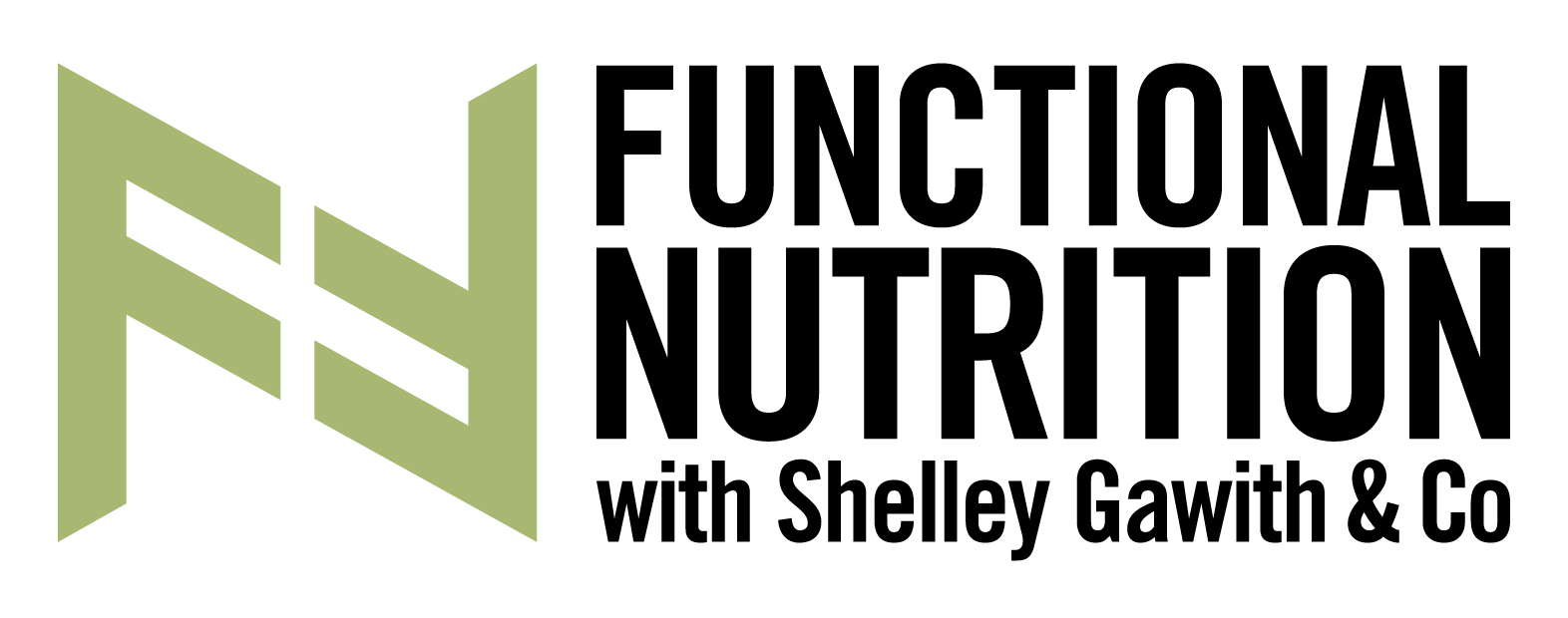Recently, while visiting the USA, I spoke with Dr Joan Rosenberg, author of the book “90 Seconds to a Life You Love: How to Master Your Difficult Feelings to Cultivate Lasting Confidence, Resilience, and Authenticity” … You will find her book sitting on the coffee table in our reception area – it’s such a worthwhile read.
In today’s video Dr Joan is offering us one key tip, from one element in her book, which can lead to a huge change in our sense of wellbeing. It has to do with eliminating harsh self criticism and stopping all that ‘mean talk’ we subject ourselves to over and over, and that loops around time and time again in our brains.
From her work she has come to an understanding that harsh self criticism, or negative self talk, is a tool we unknowingly use to distract ourselves from our stress and our fast-paced lives. Think about it this way …. It’s a distraction from those unpleasant feelings you don’t want to deal with.
Wowsa!! When I first read Dr Joan’s book, and even after interviewing her, when she suggested our harsh self-criticism was simply a distraction, I was like “Joan, that doesn’t even make sense!” In the past, I have been so mean to myself. I have been so cruel. I would treat myself like a race horse being whipped by a jockey in order to cross the finish line. That’s how I would speak to myself (even though I would never consider talking to anyone else like that). But when she said it was just distraction, I was like “What do you mean?”
I took some time to reflect on her words, and after digging into this deeper, I realised when I say those things to myself it means I don’t have to feel the feelings. I can focus on the meanness of the words, or pushing myself harder, rather than sitting still and really feeling what I am actually hiding from.
In her book, Joan talks about eight unpleasant feelings that people have a difficult time with — their sadness, shame, helplessness, anger, vulnerability, embarrassment, disappointment and frustration. They are every-day, spontaneous, common feelings that everybody feels. And those are the most common ones that I’ve found people react to when things don’t turn out the way they need or want them to be.
What is a Thought Hijack?
So what she wants us to consider here is that when something happens and you shift into harsh self criticism, think of that harsh self criticism as a ‘thought hijack’ of the unpleasant feelings you are trying to get away from. Then walk it backwards and go, “All right, which of those eight feelings did I find difficult to experience?” And then let yourself do a review, and notice how you’re using harsh self criticism to get away from those unpleasant feelings.
Once you do that, it’s much easier to actually experience and move through the feelings (because feelings are temporary and they pass quickly), and you can also make sense of what is happening inside your own mind. But the key here is really to stop the toxicity and the damage that you’re causing yourself from using harsh self criticism.
One more key here, that she wants us to understand is that there is no equivalence between the actual experience of an unpleasant feeling like shame, embarrassment or disappointment; and the use of that harsh self criticism or that harsh negative self talk. Because the negative self talk is far more damaging!
For instance, listen to the difference between these words – “I’m disappointed” or “I’m disappointed in myself”. “Disappointed in myself” is a judgment, (that’s the hijack to watch for) whereas “I’m disappointed” is just a feeling. Those are not equivalent! One leads to far more emotional damage and a darkness within the self. The other one is a feeling that passes through temporarily. It’s a temporary experience. You just move right through it. The key focus for me was to understand that harsh self criticism or negative self talk is a distraction from unpleasant feelings.
So to recap – Notice that you’re engaged in it, reverse course, and just ask yourself “What is the unpleasant feeling that’s underneath this?” And then allow yourself to experience it and move through it. Not always easy, but so worth the effort. Your future self will thank you for it 🙂

